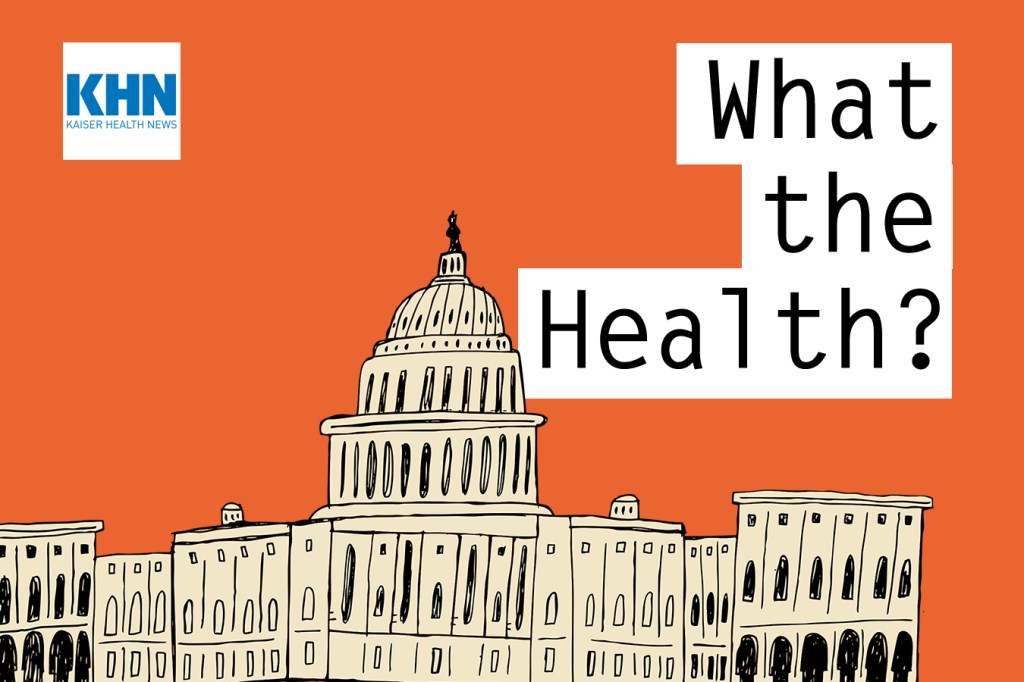Can’t see the audio player? Click here to listen on SoundCloud.
President Donald Trump had a lot to say about health care in his State of the Union address Tuesday night — not all of it completely accurate. Meanwhile, the Iowa Democratic Party found itself unable to count the votes from its presidential caucuses, leaving in question exactly how health care factors into voters’ choices of candidates.
This week’s panelists are Julie Rovner of Kaiser Health News, Margot Sanger-Katz of The New York Times, Kimberly Leonard of the Washington Examiner and Alice Miranda Ollstein of Politico.
Among the takeaways from this week’s podcast:
- Despite numerous fact-checkers decrying his claims that he has been protecting people with preexisting conditions, Trump continues to repeat them. There would be ways to guarantee that people with medical problems be guaranteed coverage even if the ACA were to be struck down, but the administration has not put forward any such plan.
- At the same time, the administration is arguing in court that the ACA — including its protections for people with preexisting conditions — be struck down in its entirety. And the short-term plans the president frequently touts as being better than ACA coverage are not required to cover people who have preexisting conditions.
- Some critics of the president worry that if he wins in November and doesn’t have to face voters again, he may not feel bound to stick by his promise to not cut Medicare benefits or Social Security and could be swayed by other Republicans who argue that the programs need more financial constraints.
- His argument that “Medicare for All” would be a move toward socialized medicine does not stand up to scrutiny. The plan, endorsed by several Democratic presidential candidates, revamps the health care system so that the government is the single payer for services. But hospitals, doctors and other health providers would remain privately controlled.
- The mixed (and late) results from the Iowa Democratic caucuses suggest that even though health care is a major concern for the party faithful, their candidate choices do not seem to reflect what policies they think should go forward.
Also this week, Rovner interviews KHN’s Julie Appleby and NPR’s Selena Simmons-Duffin, who reported the latest KHN-NPR “Bill of the Month” installment about a fight between an insurance company and a hospital over a $41,000 bill for an out-of-network emergency appendectomy. If you have an outrageous medical bill you would like to share with us, you can do that here.
Plus, for extra credit, the panelists recommend their favorite health policy stories of the week they think you should read too:
Julie Rovner: The New York Times’ “How Chaos at Chain Pharmacies Is Putting Patients at Risk,” by Ellen Gabler
Kimberly Leonard: The Nashville Tennessean’s “Gov. Bill Lee Proposes Extending Postpartum TennCare Coverage to a Full Year,” by Brett Kelman
Alice Miranda Ollstein: The Washington Post’s “States Scramble to Carry Out Trump’s Coronavirus Travel Order,” by Lena H. Sun, Lori Aratani, William Wan and Antonio Olivo
Margot Sanger-Katz: The New York Times’ “Pets Are Just ‘Property,’ So Owners Can’t Do Much When Vets Harm Them,” by Mike Baker
To hear all our podcasts, click here.
And subscribe to What the Health? on iTunes, Stitcher, Google Play, Spotify, or Pocket Casts.
This story was produced by Kaiser Health News, an editorially independent program of the Kaiser Family Foundation.
